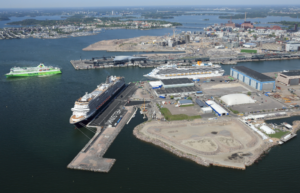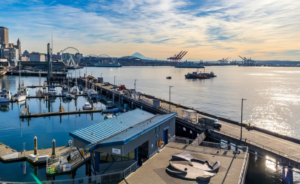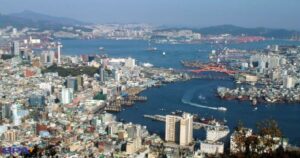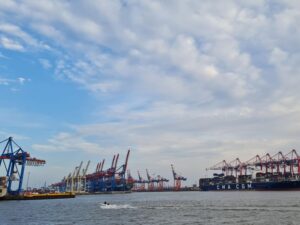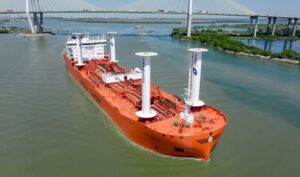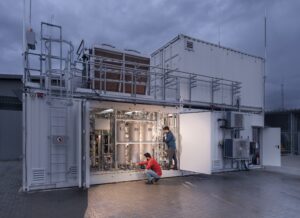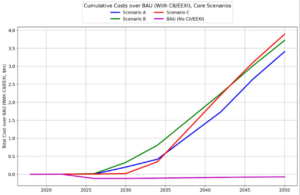Busan Port outlines roadmap to carbon neutrality by 2050
Busan Port Authority (BPA), the governing body of the South Korean Port of Busan, has launched the establishment of a comprehensive plan for carbon neutrality of the port by 2050.
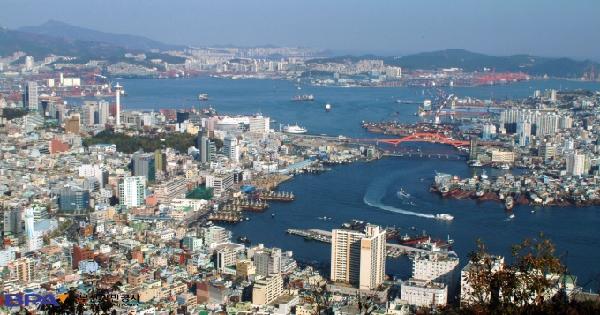
The plan will include detailed tasks to achieve zero-carbon emission in the port by 2050 as well as a mid-to-long-term carbon neutrality roadmap.
By outsourcing and completing the plan, BPA plans to kick start the process of creating a green Busan Port.
The plan’s service outsourcing will include researching the current status and analysing trends of carbon neutrality and climate change adaptation in and outside Korea and Busan Port’s greenhouse gas (GHG) emission status and prospects.
Additionally, the plan will look into renewable energies that can be adopted and establish the port’s energy independence plan accordingly.
To create a low carbon port, BPA has been working on achieving the goal of reducing 50% of GHG in the public sector by 2030.
The authority is also establishing solar power generation facilities in Woongdong Distripark, installing HVAC systems using seawater, and setting up a resource circulation network.
BPA’s CEO, Kang Joon-suk, said: “BPA plans to work continuously to go beyond the low carbon goal and achieve carbon neutrality for Busan Port in response to the climate change crisis that has emerged as an environmental, social, and ethical issue of the world.”
Related Article
-
5G MEC tech to make Busan Port cleaner, smarter
Ports & Logistics
Follow Offshore Energy’s Green Marine on social media:

